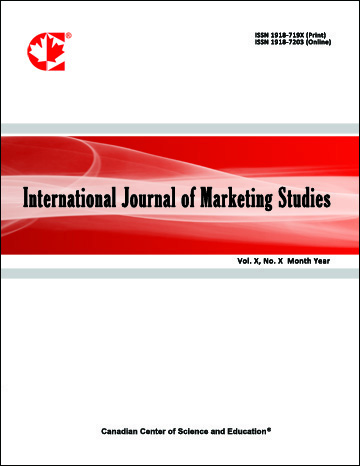Transcendental Phenomenology: Overlooked Methodology for Marketing Research
- Melissa Martirano
Abstract
When marketing researchers select their methodology, two main choices are open to them: qualitative and quantitative. Quantitative has long been associated with scientific, empirical research based on statistics and numerical comparisons, considered by some marketing analysts to be objective and empirical. Qualitative methods are favored for “soft” social science and humanities research as a means to explore human opinions and perceptions through first-hand experience. Thus there has been a longstanding problem of pursuing qualitative research that is considered as free from bias and accurate as its quantitative counterpart. One philosopher who set out to imbue qualitative methodology with the same credibility given quantitative was Edmund Husserl, an early 1900s German philosopher. He developed transcendental phenomenology as a methodology that could explore experiences with the same objectivity as quantitative styles via surpassing the preconceptions of the researcher through use of a primordial fugue state called epoché. Although researcher would use qualitative tools such as interviews and questionnaires, inquiries would be formulated and analyzed free from preconceptions and bias, processed via bracketing of the most common responses. Husserl’s writings were hard to decipher and not as readily adapted to research as other qualitative methods, including hermeneutic phenomenology, which includes researcher input. Nevertheless, if used properly, even for such unlikely-seeming research projects as those dealing with marketing, transcendental phenomenology can produce valid and reliable results yielding valuable information for philosophical purists capable of rigor and discipline.
- Full Text:
 PDF
PDF
- DOI:10.5539/ijms.v8n3p58
Journal Metrics
Google-based Impact Factor (2021): 1.34
h-index (July 2022): 70
i10-index (July 2022): 373
Index
- Academic Journals Database
- CNKI Scholar
- EconBiz
- Electronic Journals Library
- Excellence in Research for Australia (ERA)
- GETIT@YALE (Yale University Library)
- Harvard Library
- IBZ Online
- Infotrieve
- JournalTOCs
- LOCKSS
- MIAR
- PKP Open Archives Harvester
- RePEc
- ResearchGate
- ROAD
- Scilit
- SHERPA/RoMEO
- Stanford Libraries
- UCR Library
Contact
- Alyssa SunEditorial Assistant
- ijms@ccsenet.org
